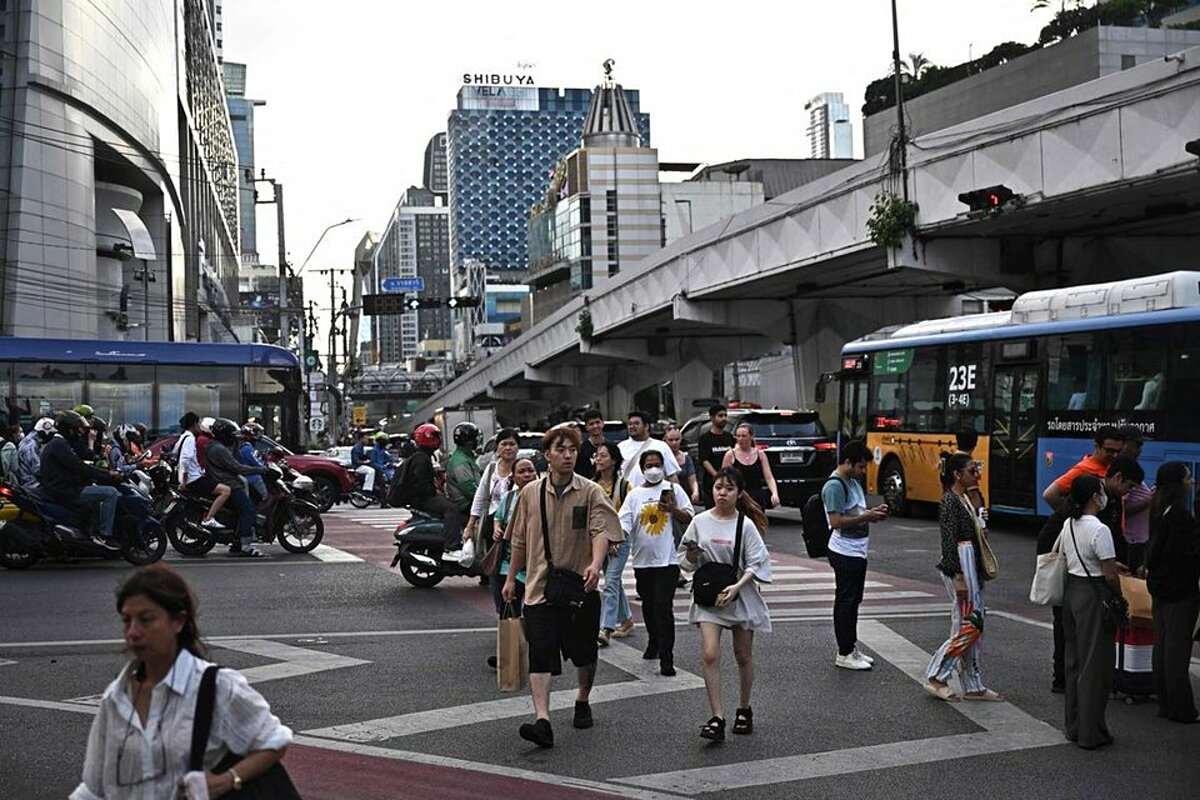The 2025 Thai Health Report, released on 17/7 by the Thai Health Promotion Foundation (ThaiHealth) and Mahidol University, reveals that 13.4 million Thais, representing over 27% of the adult population, currently experience mental health problems or disorders. The suicide rate has steadily increased over the past decade, particularly alarming in the 15 to 29 age group.
The report identifies academic pressure as a leading cause. Young Thais, especially between 15 and 29, face an intensely competitive educational environment. High expectations from family and school can lead to chronic stress, anxiety, and depression.
Fear of missing out on social media is another significant factor. In the digital age, social media has become a measure of self-worth for many young people. Constant comparisons with idealized, often unrealistic, online images can trigger feelings of inadequacy, isolation, and anxiety.
According to Dr. Kraisit Narukhatphichai, psychiatrist and CEO of Manarom Hospital, the negative impacts of social media, such as hurtful comments and cyberbullying, contribute to worsening depression among adolescents.
Domestic violence is another pressing issue, causing deep emotional wounds, especially for children and adolescents. An unsafe and stressful family environment can lead to long-term psychological problems, impacting their ability to cope with life's pressures.
Excessive societal expectations also contribute to the crisis. Thai society, with its traditional values and implicit norms, sometimes places significant pressure on individuals, making it difficult for them when they cannot meet these expectations. This affects not only young people but also extends to other age groups.
The 2025 Thai Health Report notes that the middle-aged group (45 to 59) reported the lowest levels of happiness, indicating emotional fragility during this life transition, possibly related to work, family, and societal pressures. Stigma and a lack of understanding surrounding mental health persist.
While research indicates that 33% of Thais possess a high level of understanding about mental health, misconceptions remain prevalent. Specifically, suicide is still viewed by many as a sign of weakness, reflecting enduring stigma against mental health issues. This deters many from seeking professional help, leading to prolonged and exacerbated conditions.
In addition to these direct causes, macroeconomic and social factors also play a role. The Covid-19 pandemic has worsened the mental health situation due to economic challenges, social pressures, and isolation.
The Thai Ministry of Public Health reported a suicide rate of 7.97 per 100,000 people in 2022, marking a worrying trend since 2019, coinciding with the start of the pandemic.
 |
People walk on the streets of Thailand. Photo: AFP |
People walk on the streets of Thailand. Photo: AFP
To address this crisis, experts recommend focusing on raising awareness, improving access to services, and eliminating existing prejudices. Public education campaigns are needed to convey accurate information, enhance community understanding of mental disorders, and encourage those affected to seek professional support.
Simultaneously, improving access to mental healthcare services is crucial. Currently, the number of specialists and specialized facilities remains limited. Therefore, significant investment is needed to train more psychiatrists, psychologists, and social workers. These services should be expanded into the community and integrated into the primary healthcare system, ensuring easy access for everyone, especially in rural areas. Additionally, providing psychological support to vulnerable groups is essential.
For young people aged 15 to 29, who face academic pressure and the influence of social media, mental health support programs in schools and universities need to be widely implemented.
Finally, promoting a healthy lifestyle through physical and mental activities like yoga, meditation, or art therapy will also contribute significantly to improving the overall mental well-being of the population.
Thuc Linh (Straits Times, Thai Nation)












